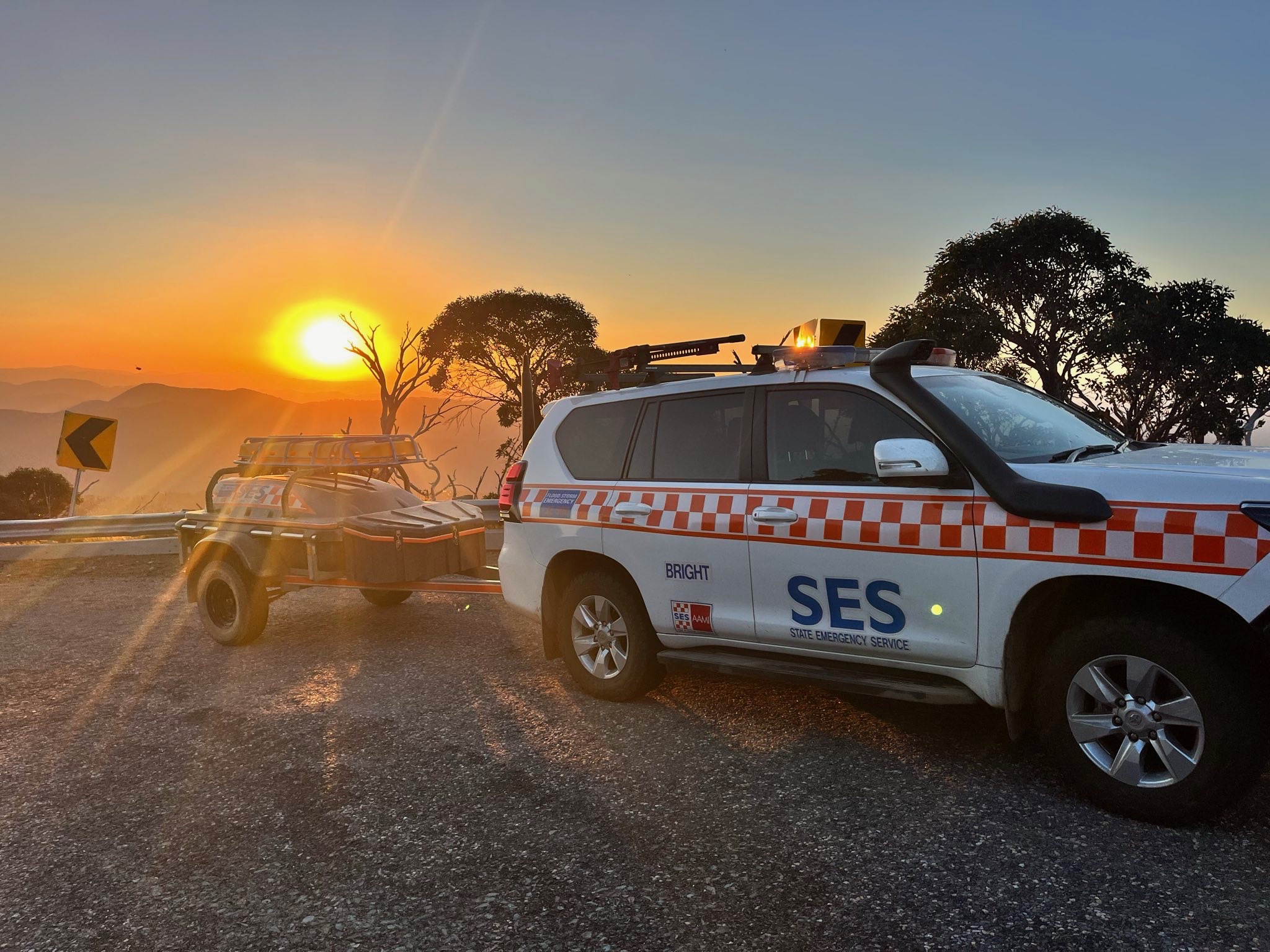Stay safe while visiting Victoria’s great outdoors this Easter long-weekend
Stay safe while visiting Victoria’s great outdoors this Easter long-weekend

Victoria State Emergency Service (VICSES) volunteers in tourism hotspots throughout regional Victoria are encouraging holidaymakers to come prepared before tackling challenging physical activities over the Easter long weekend.
This comes after the Labour Day long-weekend earlier in March, where VICSES volunteers were called to support Ambulance Victoria across several remote incidents in the Alpine and Grampians national parks, as hikers experienced mild to severe dehydration while undertaking nature walks in hot or unfavourable conditions.
With adverse weather conditions prevailing across the state in recent weeks, and an expected uptick in tourism during the final weekend in March, visitors to the regions are being urged to understand their limitations to avoid placing themselves or volunteer emergency responders at risk.
Those electing to hike or bushwalk at any of the hundreds of walking tracks across the state should always consider the degree of difficulty of any walk or hike they undertake and ensure they don’t over-exert themselves.
Packing ample food and water and ensuring it is consumed while undertaking the activity are simple steps which can be taken to reduce the risk of an emergency response being required.
Bushwalkers can also mitigate their risk by packing a map and compass or tracking their route through GPS, or by familiarising themselves with emergency markers designed to pinpoint their location in the event an emergency extrication is required.
If you are hiking or bushwalking:
-
Ensure you keep away from hazardous trees, especially if conditions are windy.
-
Wear appropriate footwear and clothes for the conditions expected, even if you think you won’t need it.
-
Have communications equipment which will work where you are going, such as a satellite phone if you are walking for extended periods across low coverage areas. Consider if you’ll need radio backup, a Personal Locator Beacon, a copy of any important phone numbers, a phone charger, battery pack or other communications supplies.Tell someone what your plans are.
-
Bring three to four litres of water per person.
-
Pack what you need to be ready for an emergency.
Hikers, bushwalkers, and those planning to camp, are also encouraged to stay informed and monitor emergency warnings through the VicEmergency app, website and hotline (1800 226 226) and listen to emergency broadcasters such as ABC local radio, designated commercial radio stations and TV news stations.
Remember to call 132 00 if you require emergency assistance from VICSES, and Triple Zero (000) in life-threatening emergencies. For more information visit: www.ses.vic.gov.au/plan-and-stay-safe/on-holidays.
You can also check the Parks Victoria website for changes of conditions at www.parks.vic.gov.au/coc-listing.
Quotes attributable to Charlie Sexton, VICSES Hume Regional Duty Officer:
“When trekking to any of the region’s beautiful vistas, making sure you remain aware of your surroundings is an important priority.
“Particularly in isolated alpine regions, always ensure you have access to a map and a compass to help you navigate through challenging terrain and arrive at your destination safely.
“In the event of an incident, always identify nearby emergency markers which can assist emergency responders in pinpointing your location.”
Quotes attributable to Jordan Bush, VICSES Grampians Regional Duty Officer:
"There are a wide range of bushwalks and hikes throughout the region which can appeal to everyone. It’s important those visiting Victoria’s National Parks know their limitations and plan their activities accordingly.
"Taking ample water and food for the trek and monitoring your activity in the 24 hours leading up to your walk can help limit your risk of requiring an emergency response.
"Don’t ration your water - instead ration your exertion and avoid walking in the late afternoon, which is often the hottest time of the day."
Quotes attributable to Charlie Richardson, Area Chief Ranger Grampians National Park:
"The natural environment can be unpredictable, and a bit of planning and foresight can make all the difference.
"Fences and barriers are there to keep you safe and to protect our environment and climbing barriers to get a perfect selfie or to look for a better view can lead to serious injury.
"Visitors should stay on marked tracks and designated visitor areas. Walking off track damages sensitive vegetation, compacts the ground and can spread plant diseases."



